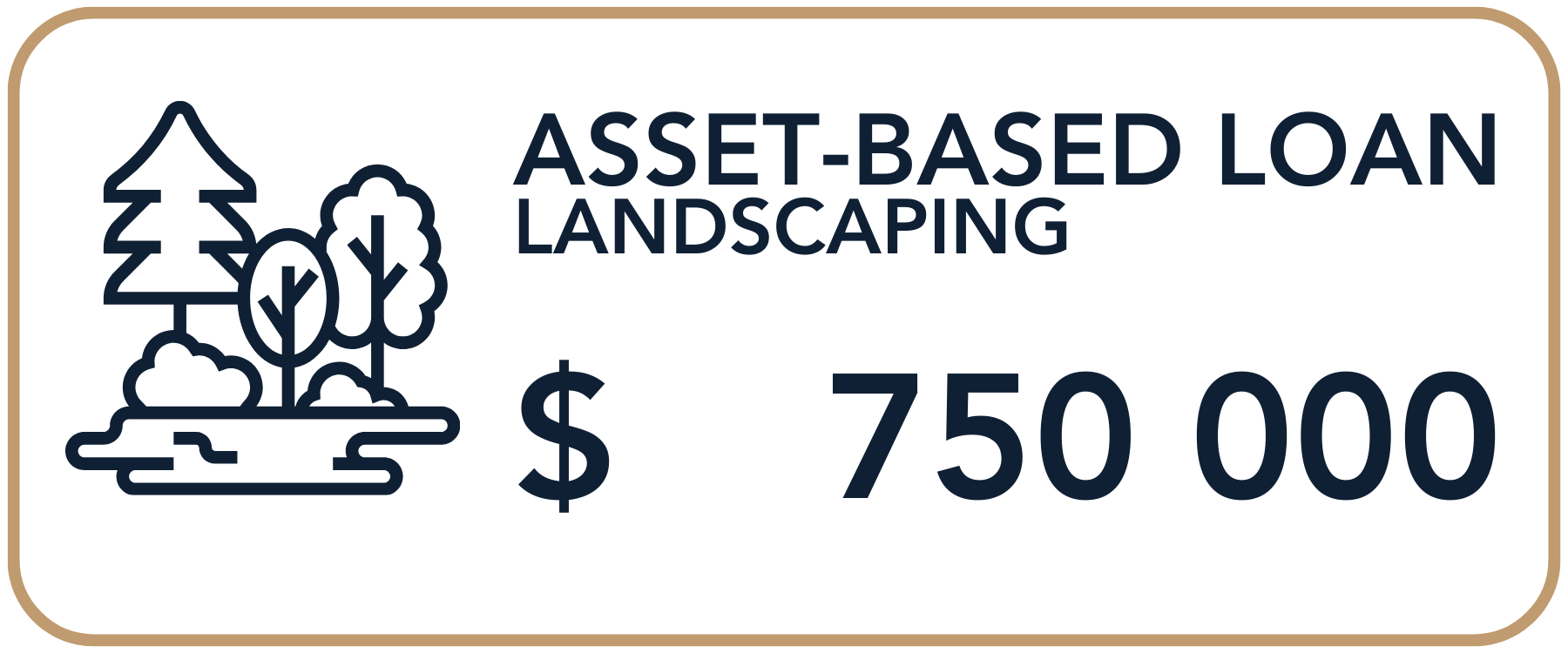A skilled business consultant can help your organization grow beyond current limitations. Many strategic and operational hurdles aren’t always visible to internal leadership—especially if your business model hasn’t faced them before.
Consultants with broad industry expertise bring an unbiased perspective and experience from diverse sectors. This helps you spot challenges early and make more informed decisions.
That said, hiring outside help isn’t always necessary. Businesses grow in many ways, and a consultant might not fit your situation. Before deciding, it’s essential to understand what consultants do, the benefits of hiring a business consultant, and the potential drawbacks.
Key Takeaways
- A business consultant provides holistic support—from finance to operations—to help improve performance and drive growth.
- Hiring a consultant can lead to optimized procedures, better team collaboration, and stronger financial planning.
- Consultants are particularly valuable during periods of expansion, cash flow issues, or leadership transitions.
- While valuable, hiring a consultant can carry risks including cultural misalignment, costs, and accountability challenges.
- It’s essential to evaluate experience, industry fit, and process structure before hiring external help.
What Is a Business Consultant?
The rise of the freelance industry has made it harder to define what a consultant really is. Today, many roles labeled as “consultants” are actually freelance service providers who support specific business functions.
In contrast, a true business consultant—especially those offering business consulting services through firms like Express Business Funding—acts as a strategic advisor. They specialize in turnaround strategies, strategic planning, and organizational restructuring.
They understand finance, HR, marketing, and operations. This allows them to take a holistic approach to improve your company’s bottom line.
Benefits of Hiring a Business Consultant
Here are some key advantages:
Financial Expertise and Strategic Insight
At EBF, our consultants support clients with financial planning, budgeting, and long-term modeling. They help you identify what’s working, where your money should go, and how to align spending with growth.
They can also uncover hidden inefficiencies and offer data-backed recommendations. By helping clients track metrics and align decisions with larger objectives, consultants serve as a bridge between day-to-day operations and visionary business planning.
Additionally, they assist in setting realistic financial goals and help navigate market uncertainties with scenario planning tools. Their input supports cash flow management, risk mitigation, and sustained profitability.
An Unbiased Perspective
Outside advisors give a clear, fresh look at your situation. A consultant can uncover roadblocks or new opportunities that internal staff might miss.
Unattached to office politics, they can identify difficult truths without bias. Their role is to prioritize results and help businesses focus on decisions that bring long-term value.
They also provide objective insights that help leaders make better-informed decisions when emotions or internal dynamics are clouding judgment. This clarity helps teams move forward with confidence.
Procedural Optimization
Consultants identify where time and money are being wasted. They help streamline systems, fix broken workflows, and eliminate inefficient steps.
They may also map out entire workflows, remove bottlenecks, and redesign internal procedures for better alignment with business goals. This leads to higher operational efficiency and often improves employee satisfaction as workloads become more manageable.
With process improvements, businesses often experience fewer delays, faster output, and reduced operational costs. These enhancements allow for smoother day-to-day operations and increased productivity.
Team Collaboration and Organizational Restructuring
Many businesses suffer from unclear roles or poor communication. Consultants work with leadership to rebuild strong team structures and enhance communication.
They can also identify skills gaps, implement role-specific training programs, and mentor team leaders. This approach boosts morale, encourages accountability, and helps align departments under shared goals.
When teams collaborate more effectively, productivity improves, and internal conflicts tend to decrease—leading to a more engaged workforce. Strengthened collaboration creates a healthier work culture that supports business growth.
Growth Planning for Long-Term Success
Growing too fast or without a plan can backfire. Consultants create strategies for stable expansion—planning new hires, products or services, and timelines.
They ensure all departments are aligned for growth and help prevent problems like overstocking, staffing shortages, or marketing misfires. Their plans often include contingency planning to ensure scalability under different market conditions.
Consultants also help determine which growth strategies are most suitable for your type of business and align expansion efforts with long-term strategic goals. They ensure your business remains agile while maintaining sustainable progress.
Success Spotlight: Strategic Turnaround Through Business Consulting
A Toronto-based wholesale distribution company faced mounting cash flow issues and declining profitability. They turned to Express Business Funding for strategic consulting.
Despite strong sales, inefficient processes and role duplication stalled their progress. Our team did a full audit—from financials to staffing—and found ways to improve performance.
Working closely with their leadership, we:
- Introduced new SOPs to streamline processes
- Restructured departments and reassigned responsibilities
- Shifted focus to higher-margin products
- Added financial forecasting tools for clearer budgeting
Six months later, they had cut unnecessary expenses by 18%, boosted team morale, and regained profitability. The leadership credits the turnaround to having expert partners with a clear plan.
Drawbacks to Be Aware Of
Business Culture Misalignment
Consultants must understand your work culture. If they don’t “fit,” employees may resist their ideas.
This can block progress and make the engagement less effective. Misalignment can also lead to communication gaps, slowing implementation and decision-making. Before hiring, check for culture alignment and industry knowledge.
Additionally, it may take longer for a consultant to integrate and gain trust from your team if cultural alignment isn’t considered upfront. Prioritizing soft skills and adaptability can help avoid friction.
Consultancy Costs
Hiring skilled professionals can be expensive. However, the investment can pay off if results meet your business goals.
Consultants often bill hourly or by project, and pricing may vary widely. Businesses should evaluate ROI before signing a contract and seek firms with transparent pricing and phased deliverables.
It’s also important to factor in hidden costs such as employee time for meetings, training, and implementation when calculating total consultancy spend. Being clear about your budget from the start can lead to better value.
Accountability and Execution
Some consultants don’t follow through. Make sure they provide clear deliverables, timelines, and check-ins.
To avoid surprises, use contracts that specify scope, KPIs, and checkpoints. Check references and verify past results to ensure your consultant has a track record of delivering on their promises.
Working with consultants who offer post-engagement support can improve execution and help maintain momentum after the formal project ends. It’s essential to agree on expectations before the engagement begins.
When Should You Hire a Business Consultant?
Business consultants can help in different scenarios, such as:
- Your team is overwhelmed or lacks specific expertise
- You’re planning to scale but unsure how to structure the growth
- You’re experiencing cash flow or profitability issues
- You’re preparing for investment, M&A, or leadership transitions
These are often pivotal moments where an outside advisor can guide your strategy and avoid costly mistakes.
What to Look for in a Business Consultant
Not all consultants are equal. Look for:
- Industry expertise relevant to your company
- Proven success stories and strong client feedback
- Clear process and reporting structure
- Alignment with your business culture and leadership style
Also, ask how they measure outcomes and what support they provide during implementation. Good consultants don’t just advise—they help deliver results.
Final Thoughts
Hiring a business consultant is not just about solving immediate problems—it’s about creating a path for sustainable, long-term improvement. When chosen thoughtfully, a consultant can bring strategic vision, clear direction, and the experience needed to support business growth.
From cash flow management to team restructuring and goal setting, the right consultant equips your team with tools to make smarter decisions and achieve meaningful results.
If you’re unsure where to start or how to find the right advisor, take time to define your business needs and assess your company’s current challenges. This can help ensure a better fit and clearer outcomes.
At Express Business Funding, we work with Canadian businesses to create customized solutions that improve operational performance and deliver measurable impact.
Explore our Business Consulting Services to see how we can help your team grow with confidence.































